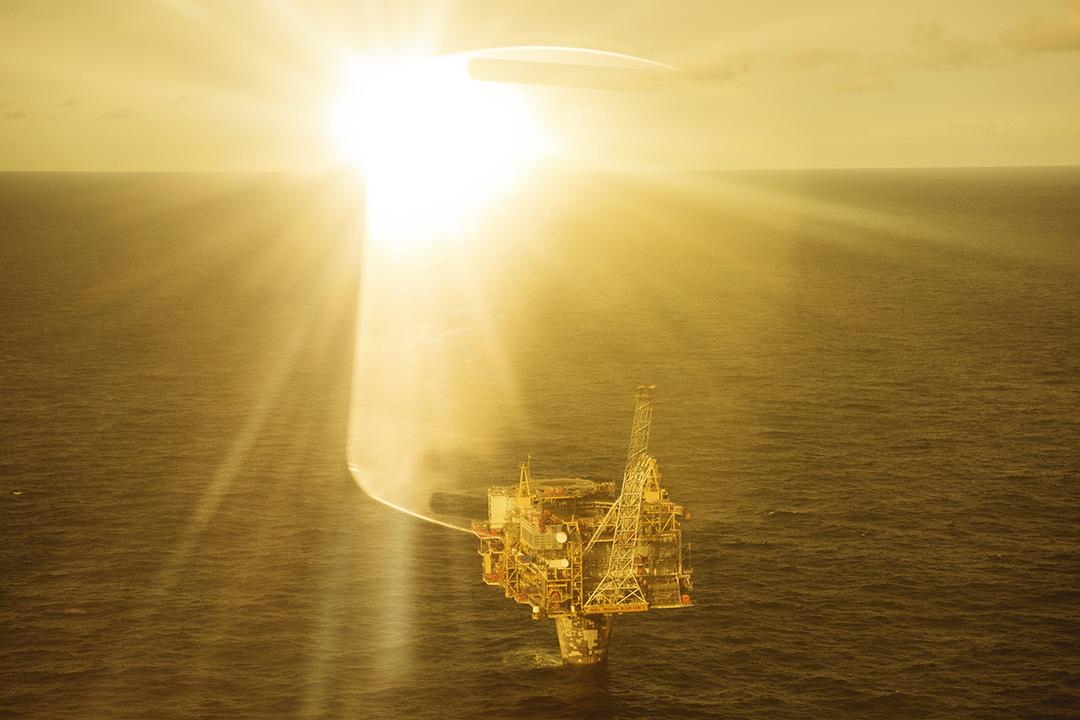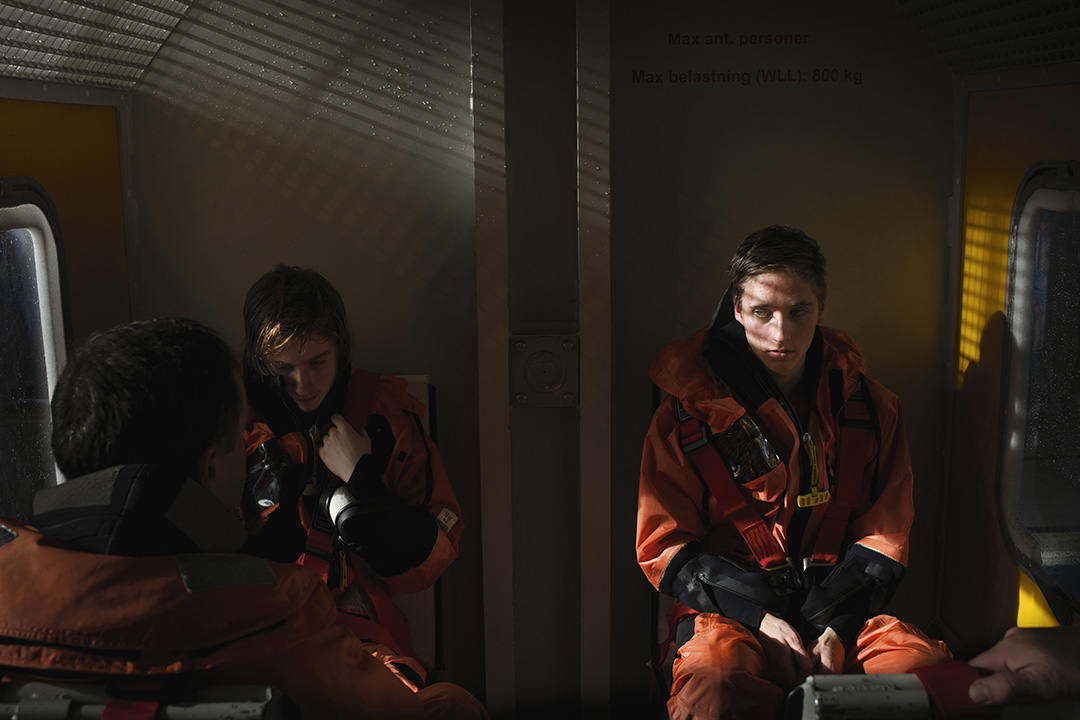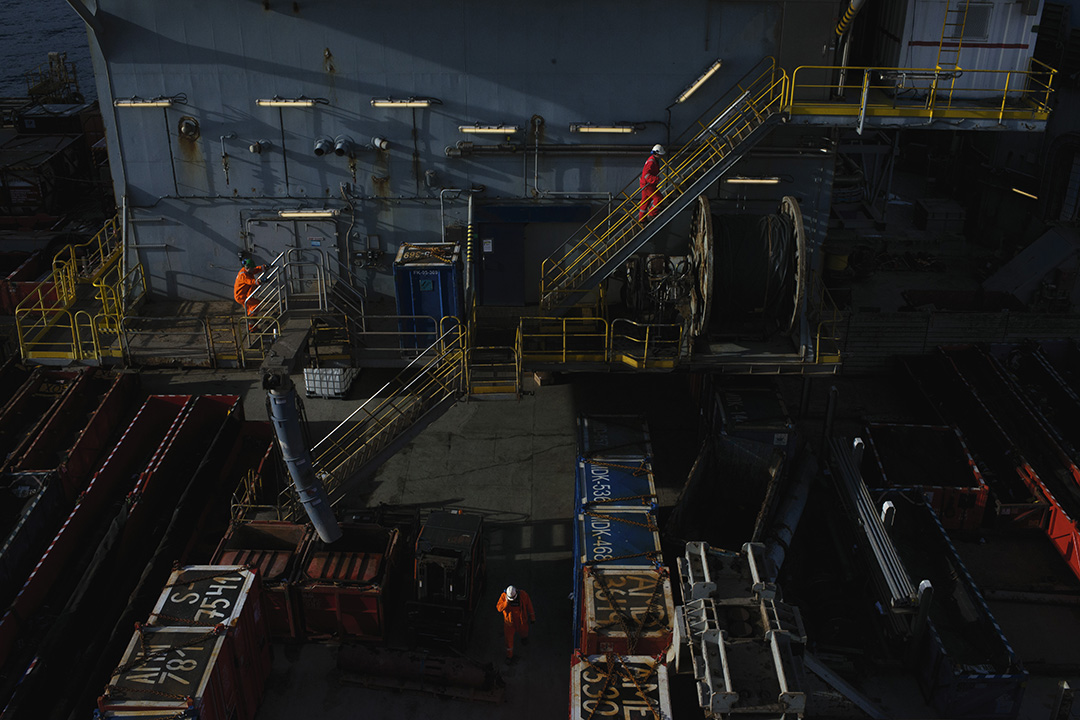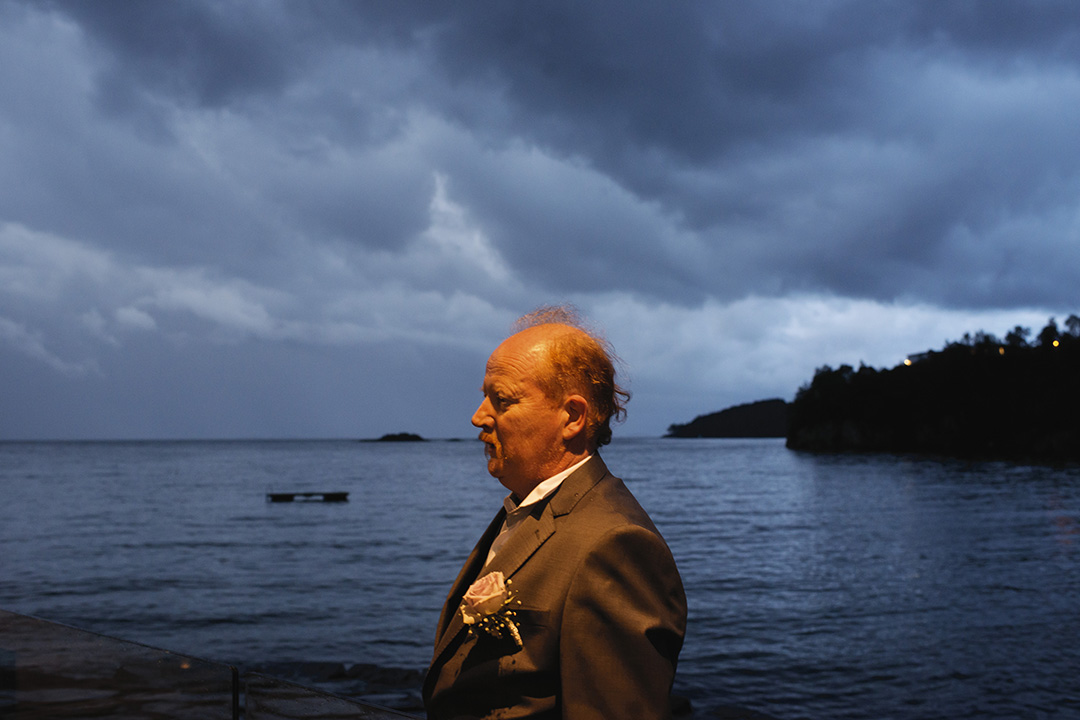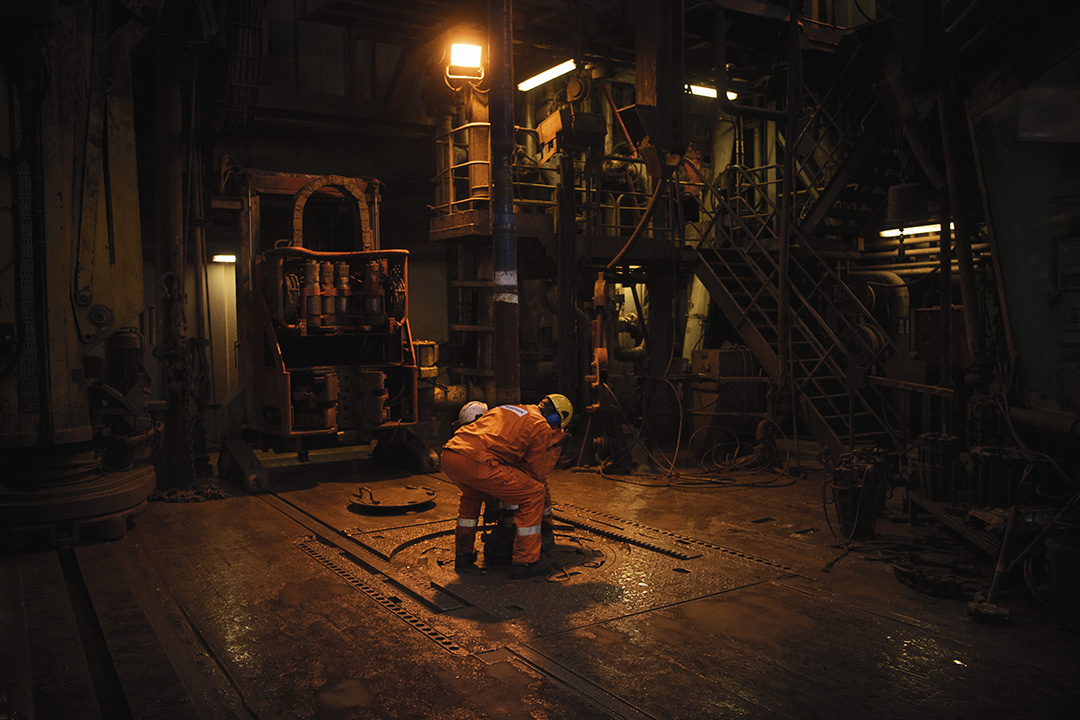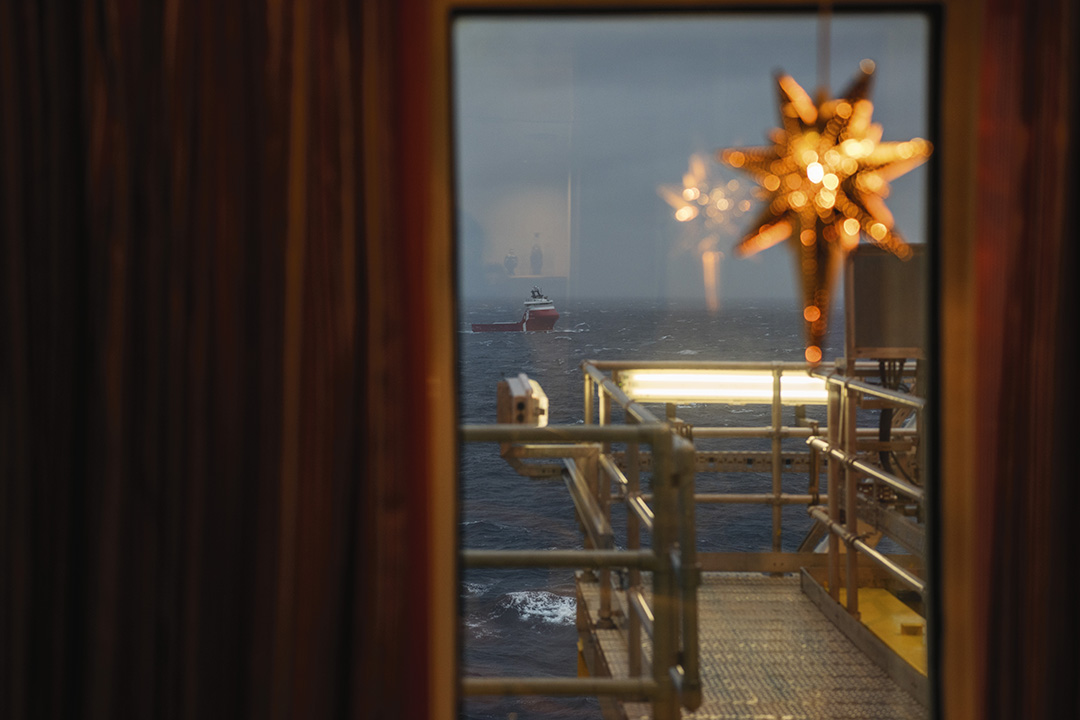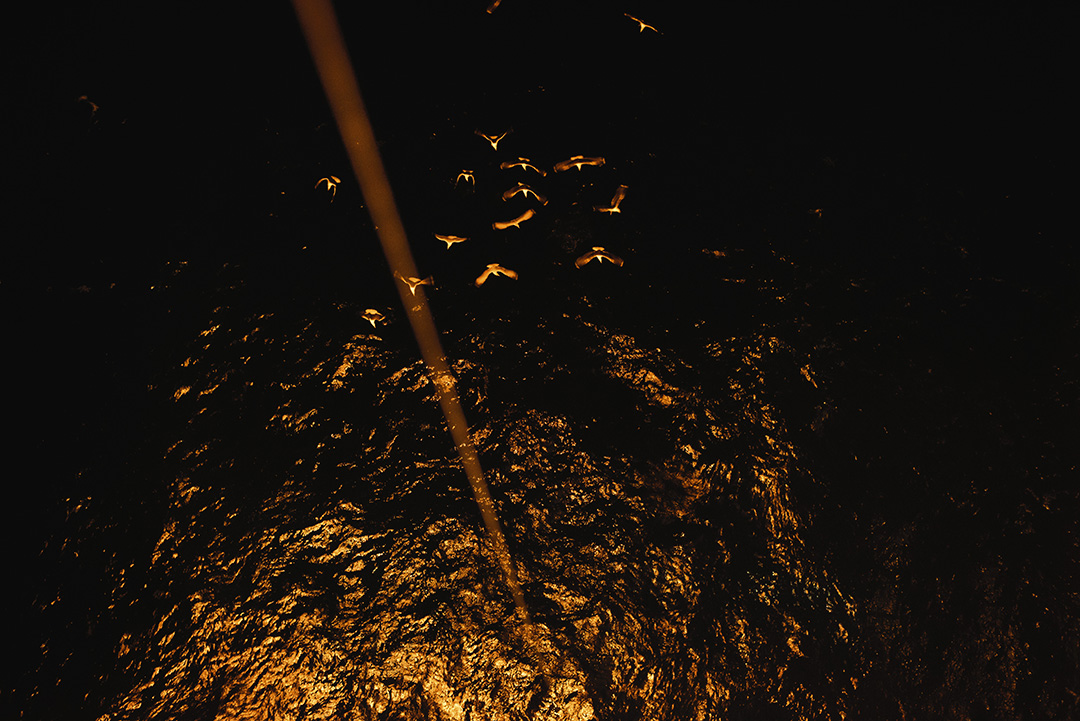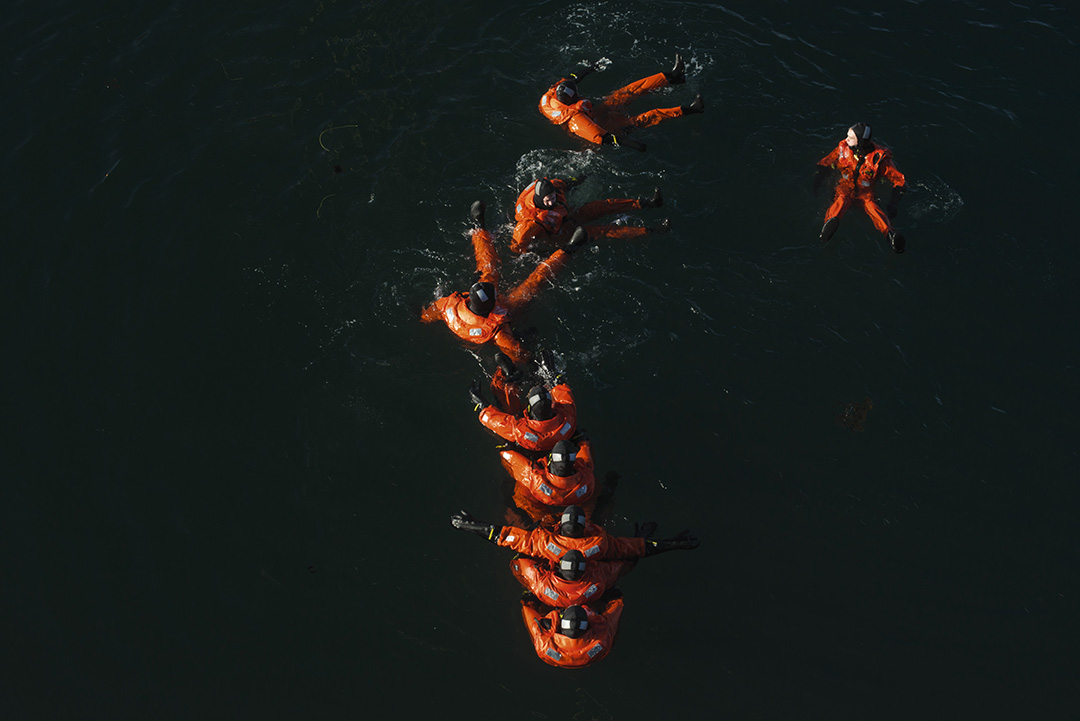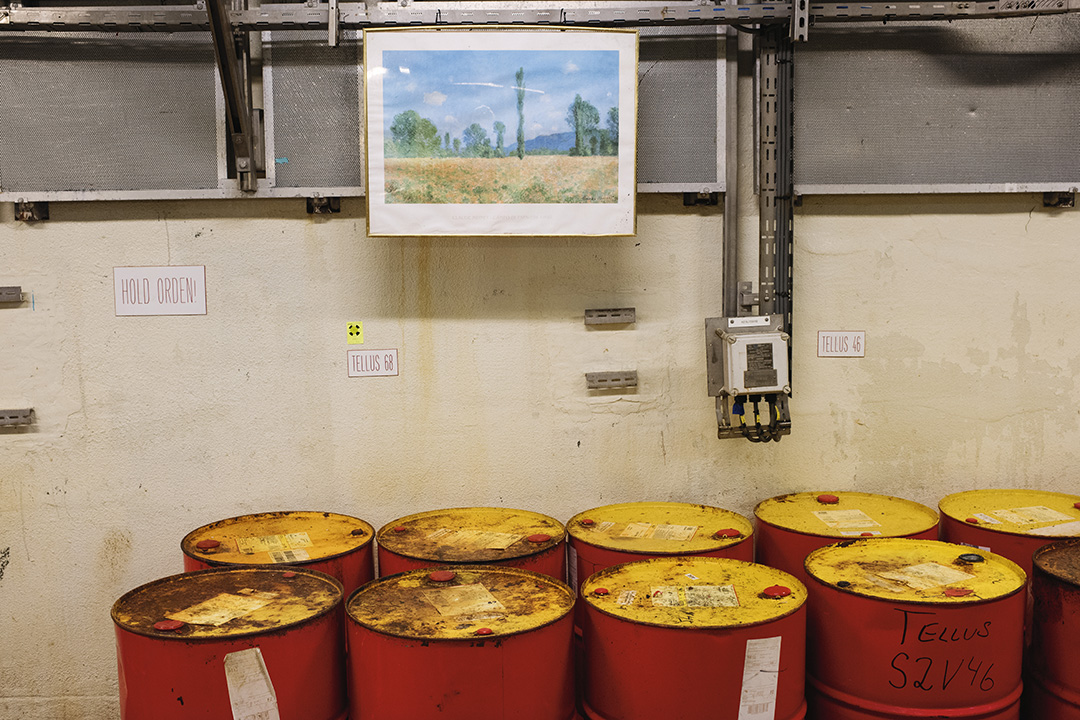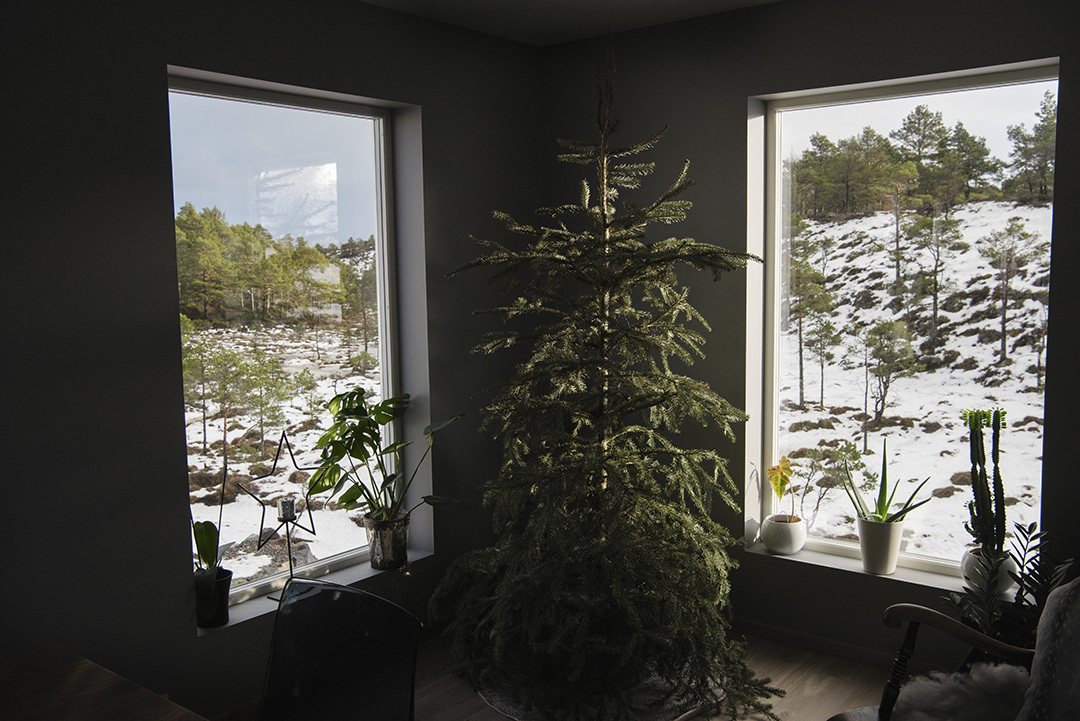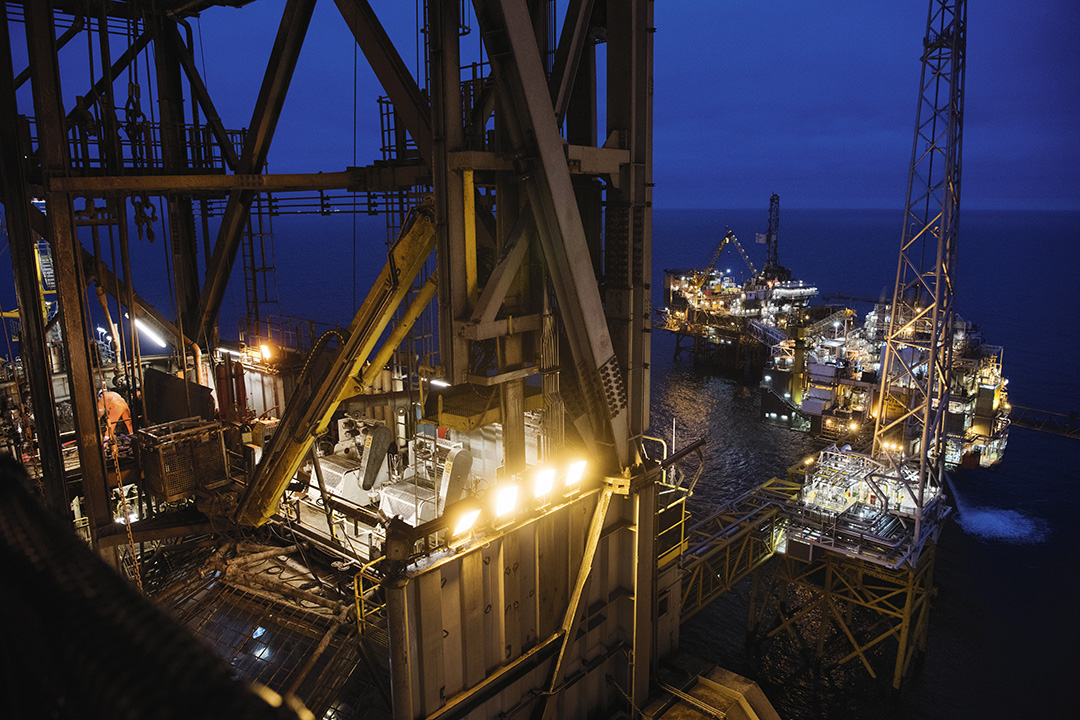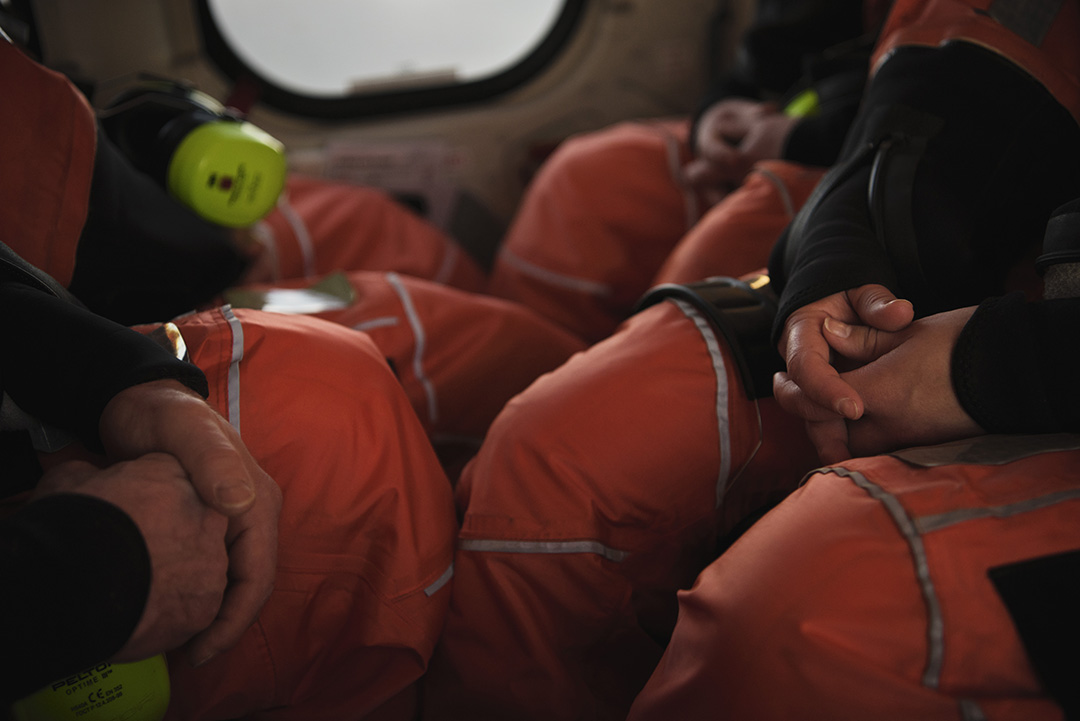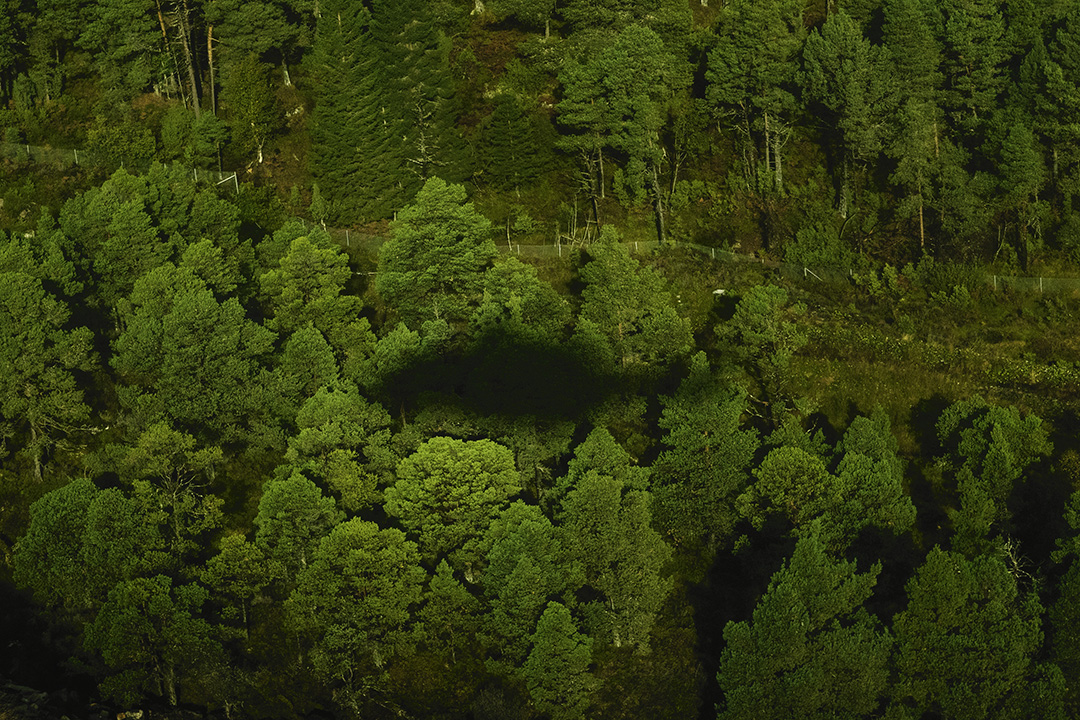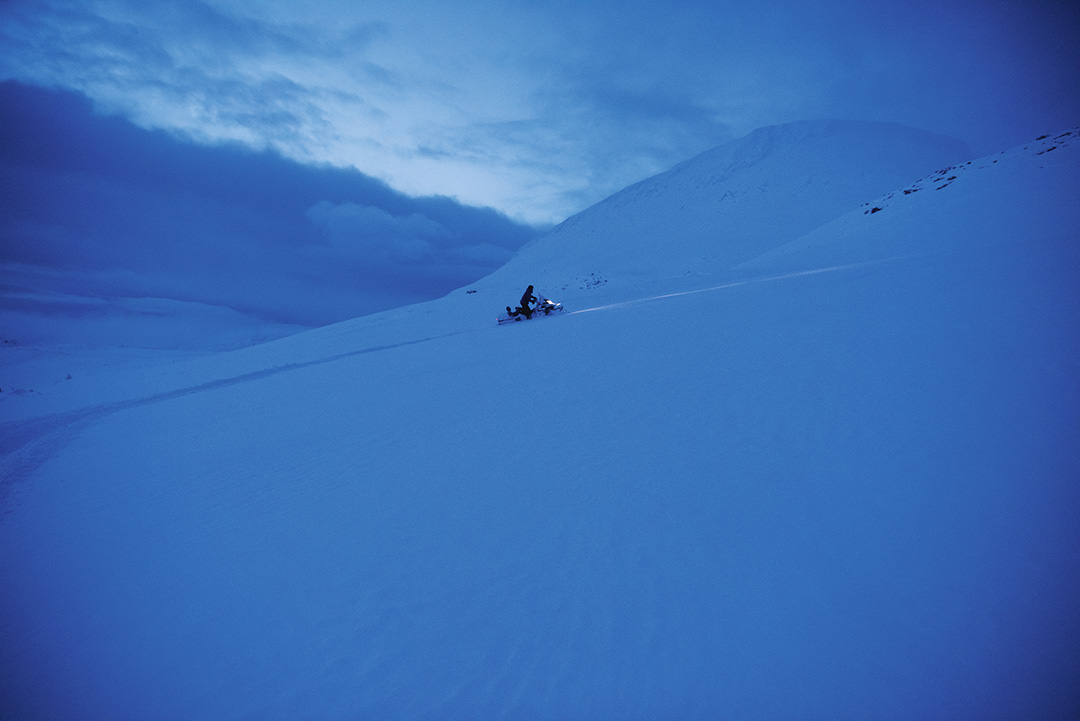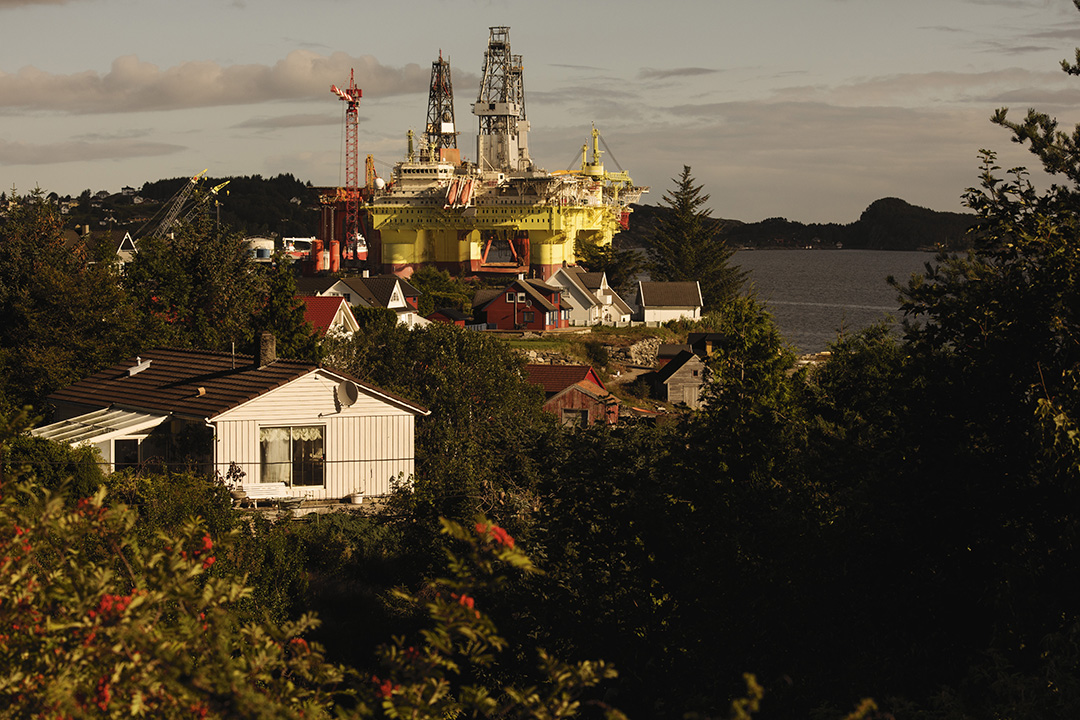Offshore ID
Families along the Norwegian coast have always built the rhythm of their days around their members who work at sea. Fishermen and seafarers could be gone for weeks, while those at home took care of the land and the home. When exploration for and production of oil and gas beneath the same seas began in the mid-1960s, many people jumped across from the fishing fleet to a life as offshore workers on rigs and platforms. These pioneers were compared with astronauts or the conquerors of new lands. The opportunities seemed endless for those with stamina and a willingness to learn. A lot has changed on the Norwegian continental shelf since the first helicopters laden with personnel took off outside Stavanger. These advances have encompassed safety, equipment, comfort and regulated working hours. But family structures have also changed a great deal over the same decades. It has been interesting to see how individuals behave as people when they are on an isolated and thoroughly regulated workplace out at sea. The constant shifting between offshore, with its detailed instructions and safety procedures, and the unconditional freedom on land. The contrasts between a love of your own job – the feeling of working on something big and meaningful – and the nation’s clamour for climate goals and retreating from the oil industry. This is a story about how an occupation can shape a schizophrenic lifestyle. But most of all about who you are as a person over and above what it says in the job instructions.

